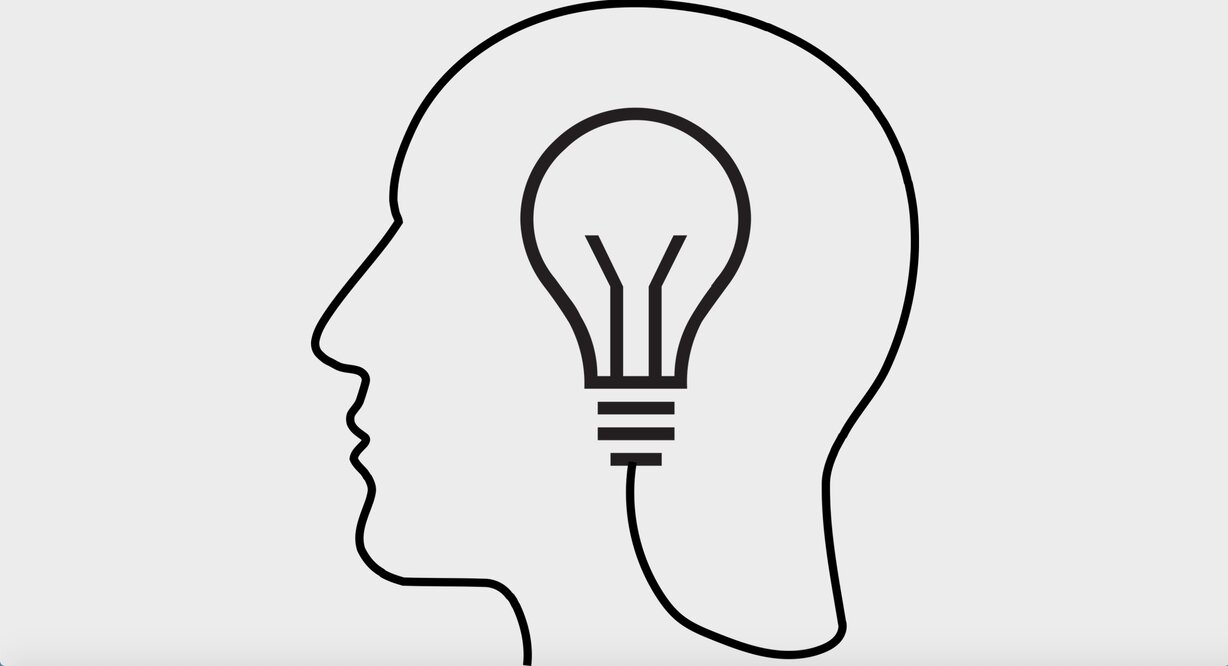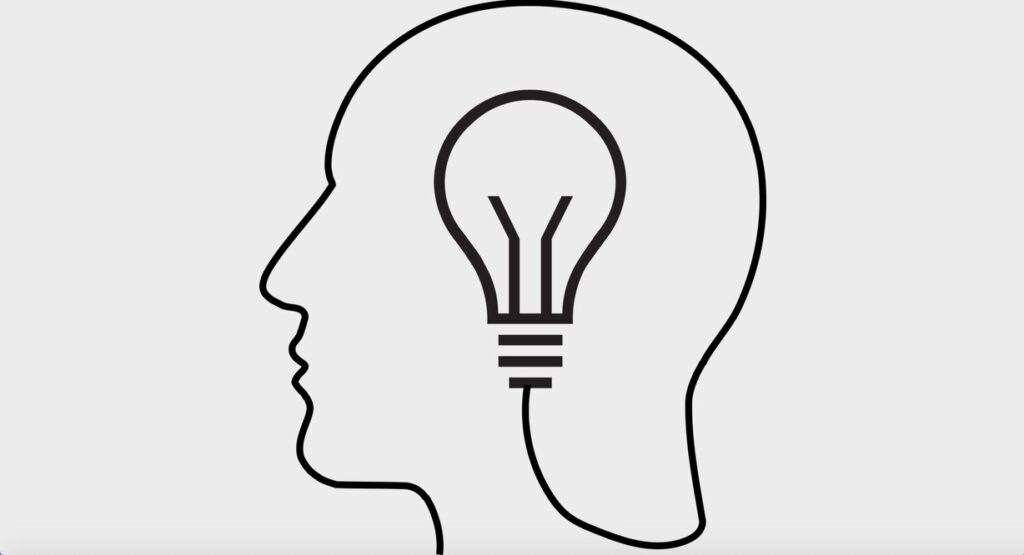Advent is the season of waiting for the gift to come. Advent moves into the season of Christmas, which ends at Epiphany, when the Magi—possibly Zoroastrians—famously gave gifts to the infant Jesus.
In these monthly columns I have tried to emphasize the mind as a gift essential to faith. Another emphasis is that our objective as followers of Jesus is to promote the common good, shalom, the well-being of all creation. With mind and soul together we seek the Creator’s way. And by mind I do not just mean its application in theology but across the breadth of physical and social sciences and other disciplines.
The mind is a gift to the church for several reasons. Most obviously, it helps us do good. Medicine, engineering, quality social programs and ecological restoration are gifts that join us to God in making life better.
Second, the mind well used helps keep us on track. The disciplines of the mind can alert us to when the goodness that is creation, human ingenuity—or even the gospel—are subverted to economic, national or ideological idols. We examine things, then realize and correct such errors as ethnocentrism, privilege, settler-colonialism or unloving application of Scripture.
Third, the mind can help us love better. Love (agape) is active. It reaches out without paying attention to socially perceived value. Everyone has dignity because all are in the image of God, we are all gifts of our Creator and we all have gifts. This is the foundation of “pro-life” values manifested in loving enemies, opposing capital punishment, combatting poverty and so on. Having a sociological mind improves loving others by recognizing they and we are situated in webs of social circumstances and systems.
For example, one of the biggest risk factors for ill health is loneliness. Usually it is called “social isolation.” But it means the same thing. Isolation can be a fact of the individual, but it can also be the way our society is structured—or the dominant social values—a direct reason why the United States is faring so badly in response to COVID-19.
Social inequality is correlated to social isolation and lower levels of public health. But smaller communities, like churches, can improve many of these effects when they work to be inclusive. Even better is when they work to undermine the causes of isolation, exclusion and inequality, which requires the analytic work of the mind. Social justice is love applied to social systems.
Effective use of the mind also requires imagination. To “imagine” means “to perceive that which is not available to the senses.” Except for those rare times when God inserts Godself into our minds, the realm of possibility only includes what we have encountered or heard about.
Diversity is good! Sisters and brothers in other societies may see the world in ways we can receive as gifts, like Indigenous people extending shalom beyond the human community to the community of all creation. Others around us think thoughts that are not ours.
A health official trying to explain the pandemic surge in late November commented, “We didn’t model human behaviour. We didn’t take pandemic fatigue into account.” Any social scientist could have added that seemingly obvious variable, but only if they were included on the team.
It is these many gifts—mind, spirit, love, imagination, ways of knowing from different disciplines, the gifts of different cultures—that help us to best pursue what is good, true, honourable, just, pleasing, and commendable this Advent and all of the year.
Randy Haluza-DeLay is a former university professor and current participant at First Mennonite Church in Edmonton.
Read more Mind and Soul columns:
See all of me
Living well together
Learning from Quakers
Why I’m not a Canadian
What kind of father?









Leave a Reply
You must be logged in to post a comment.